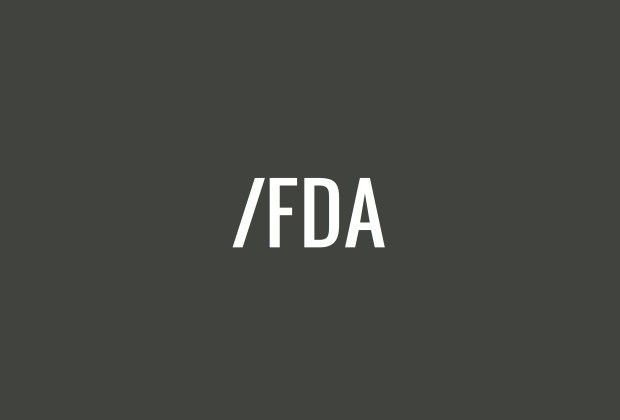Turns out, if you put a new band on a cigar, it’s still the same cigar after all.
Yesterday, the U.S. Food & Drug Administration (FDA) lost its court fight over whether a change to a label would be considered a new product.
Judge Amit Mehta of the D.C. District Court ruled in favor of Altria, Lorillard and Reynolds America—i.e. the three largest American tobacco companies—in a lawsuit regarding whether changes to packaging would deem a tobacco product new and as such make it applicable for substantial equivalence, a process of FDA approval that is expected to cost upwards of $20,000 per individual cigar due to legal and testing fees.
Mehta ruled for FDA over whether a quantity change—i.e. the amount of cigars or cigarettes in a package—would qualify as a new product. The agency had said it would count as a new product, something that was upheld in the ruling.
As for the packaging changes, the agency has previously stated that it considered any “major” packaging changes to constitute as a new product. It put out guidelines as to what it defined as minor, changing the font or logo size slightly, and major, changing a color on the packaging from red to blue or changing a logo.
Yesterday’s ruling makes that irrelevant.
Mehta’s ruling sided with complaints that many tobacco companies—both cigarette and cigar—have made over the years, a product shouldn’t be considered new if the only thing that changed was the packaging.
“Finally, it is important that none of the actual terms that Congress used to define the term ‘new tobacco product’—and thus to initiate substantial equivalence review—can be read to encompass anything other the physical attributes of the product itself, as distinct from its label or the package in which it is contained,” wrote the opinion.
For cigar companies, this will be a unique win. Any cigar introduced after the Aug. 8 date will be subject to pre-market approval by FDA and as such, many products were rushed to market, many without finalized packaging. Prior to this lawsuit, manufacturers would have been legally bound to make only “minor” changes to packaging, meaning any cigar shipped with plain bands or plain boxes would have had to remain in said packaging or risk a major packaging change, triggering substantial equivalence.
It could also open up the door for products that underwent major packaging changes like Davidoff of Geneva USA’s AVO and Camacho brands, Alec Bradley’s Maxx and others to now be able to apply as grandfathered product.
This lawsuit will have no effect on the required warning labels for products. It also would appear it would have no affect on samplers regardless of how the agency clarifies samplers. It remains unclear whether a retailer is allowed to market and/or repackage samplers under the new rules.
For more information about FDA’s regulation of premium cigars, please visit halfwheel.com/fda.



